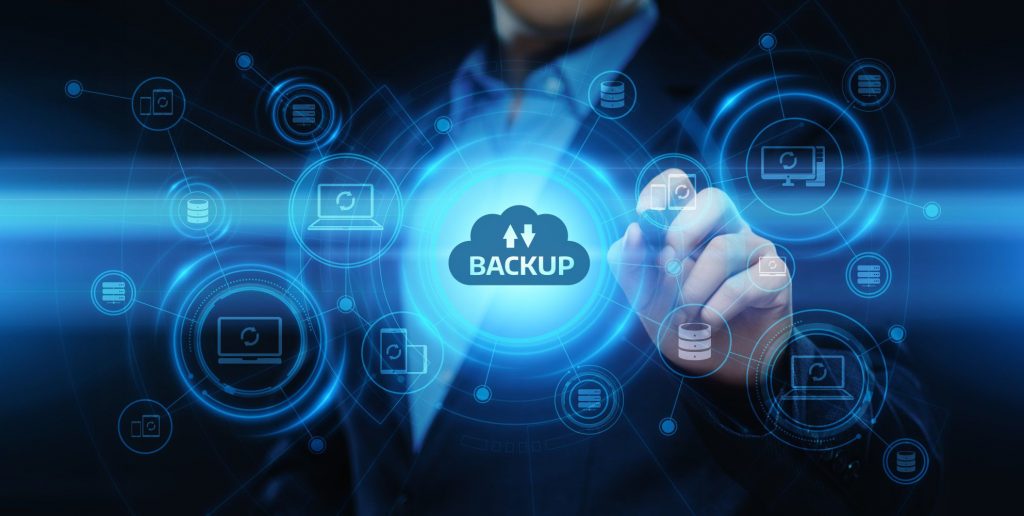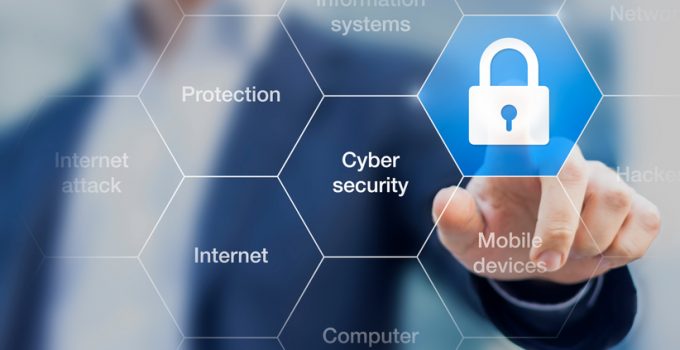Nowadays, every business has a website, and it is accessible through the internet. It is vital to keep your site safe and protected from cyber threats and crimes. Even if you are a startup or a small business, you must take care of cybersecurity.
Many bad guys are available on the internet who can steal your crucial data and take advantage of it. Many theft cases are increasing over the internet, and protecting all online information has become necessary.
It is vital to understand the importance of cybersecurity and implement various practices on your website. Nothing matters if the company is small or big. You have to take care of the online data and safeguard it to avoid any leaking.
Know more here about various IT problems and how one can tackle them. Today, in the following write-up, we will discuss basic cybersecurity rules that a startup must follow.
1. Give Knowledge to Employees

Source: brinknews.com
All the company employees must know about cybercrimes and how they can protect themselves and their data. You can discuss various policies and practices that one should implement, like strong passwords, guidelines while using the internet, and much more.
It is vital to safeguard the customer data and prevent any information theft by providing enough information. If somehow, anyone gets stuck, then he must know how to get rid of that problem.
2. Get Protection from Cyberattacks Through Networks and Computers
It is vital to keep the devices clean to avoid overheating and slow down. Update the security software in which the system remains secure. The operating system should be capable enough to fight against viruses, worms, and malware.
In many cases, hackers attack the system by sending or inserting harmful viruses. Make sure that you install a good-quality antivirus, and you must run the scan after every update. All the software must be updated, and no issues should be there in the system.
3. Get Firewall Security for Safe Usage of Internet

Source: aisn.net
The firewall is helpful to prevent outsiders to enter the private network and access the data. You have to check whether the firewall settings are turned on or not. It is vital to enable the settings to protect your system.
If you do not have any firewall, then you must install the software from various available options. If any of your company employees work from home, then all the home systems must be well-protected.
4. Build an Action Plan for Mobile Devices
In mobile devices, there can be many issues regarding management and security challenges. If the mobile is connected to the corporate work or any confidential information is stored, it is simple to be stolen or hacked. It is necessary to safeguard the device by using a strong password.
The data must be encrypted, and all the security applications should be installed to prevent any cyberattack. You should report whenever you lost your device. Anyone can steal the information, but you have to take care of your mobile to avoid any security issues.
5. Make Your Wi-Fi Networks Secure

Source: digitalmarketinginstitute.com
If there is any Wi-Fi in your company, then make sure that it should be well-secured. It is easy to steal information through these networks, and anyone can hack it. Keep the network encrypted, secure, and hidden from local browsers.
There are proper settings for hiding your router by setting up the wireless access point. You can keep the passwords to avoid anyone’s access to it. By these practices, it will be easy for you to safeguard your Wi-Fi network from cyberattacks.
6. Authentication and Passwords
All the passwords must change every three months. When any password remains the same for a long time, it becomes easy to hack and get all the confidential information. Consider multi-factor authentication, which may need additional information, i.e., more than a password.
Make sure that you get help from vendors to monitor and take care of the confidential data. All financial institutions use multi-factor authentication for handling various accounts safely.
7. Limiting the Access of Employees to Company’s Data

Source: coe.int
The authority to access the data to employees depends on the company’s owner. If you want to limit the data to be shared with your employees, you need to make some system settings.
It is necessary to give access to data, i.e., vital to company employees. Anything additional can be harmful to the startup. At the beginning of your business, you can take any risk. Therefore, you should provide limited information to your staff.
8. Apply Best Practices on Payment Options
Choose the best practices to pay salaries to your staff. You must work with good banks to get validated and anti-fraud services. You can also ask for additional security while making any payment to your clients or employees. If you have any doubt about less safe applications, then you can also point to them.
Whenever you process any payment, make sure that you should not do it always with the same device. When you browse the internet, it is easy to capture all the details and hack the company’s data. Therefore, you must look for safe options while making any payment to anyone.
9. Create Backup of Vital Business Information

Source: serverguru.com.au
It is necessary to take the backup of the crucial business data. It can be anything like a database, files, spreadsheets, etc. You can also change the settings to take the backup automatically. It will help in reducing your time and effort.
You must keep the backup files in a safe place where no one can access them. With the attack of viruses, you can lose the entire data in the system, and therefore, having a backup can help you a lot.
Final Thoughts
Every startup or small company should consider cybersecurity practices to keep confidential data safe from hackers. You should be aware of things happening around the world.
It is necessary to determine how data theft happens in many big companies. If you want to protect your startup, consider mentioned rules that you and your staff must follow.







